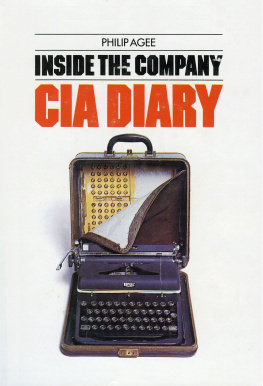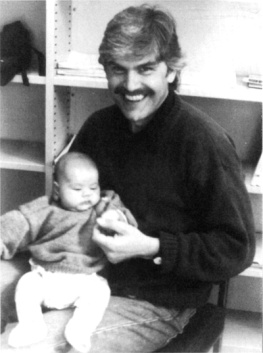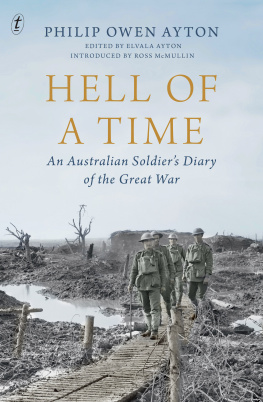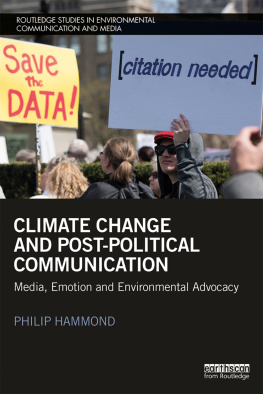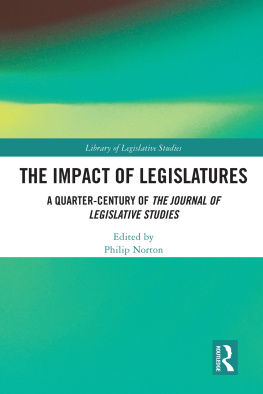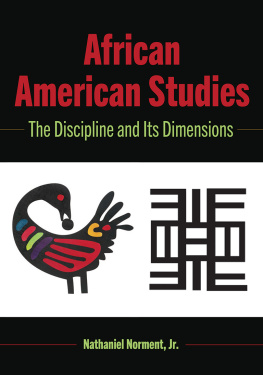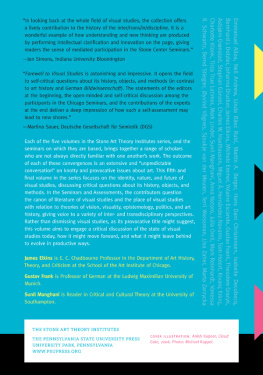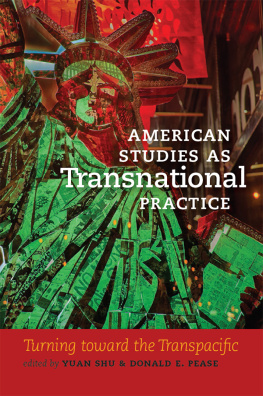Philip Agee - Inside the Company: CIA Diary
Here you can read online Philip Agee - Inside the Company: CIA Diary full text of the book (entire story) in english for free. Download pdf and epub, get meaning, cover and reviews about this ebook. year: 1975, publisher: Farrar Straus & Giroux (T), genre: Politics. Description of the work, (preface) as well as reviews are available. Best literature library LitArk.com created for fans of good reading and offers a wide selection of genres:
Romance novel
Science fiction
Adventure
Detective
Science
History
Home and family
Prose
Art
Politics
Computer
Non-fiction
Religion
Business
Children
Humor
Choose a favorite category and find really read worthwhile books. Enjoy immersion in the world of imagination, feel the emotions of the characters or learn something new for yourself, make an fascinating discovery.
- Book:Inside the Company: CIA Diary
- Author:
- Publisher:Farrar Straus & Giroux (T)
- Genre:
- Year:1975
- Rating:3 / 5
- Favourites:Add to favourites
- Your mark:
- 60
- 1
- 2
- 3
- 4
- 5
Inside the Company: CIA Diary: summary, description and annotation
We offer to read an annotation, description, summary or preface (depends on what the author of the book "Inside the Company: CIA Diary" wrote himself). If you haven't found the necessary information about the book — write in the comments, we will try to find it.
Inside the Company: CIA Diary — read online for free the complete book (whole text) full work
Below is the text of the book, divided by pages. System saving the place of the last page read, allows you to conveniently read the book "Inside the Company: CIA Diary" online for free, without having to search again every time where you left off. Put a bookmark, and you can go to the page where you finished reading at any time.
Font size:
Interval:
Bookmark:
Many people have helped in the search for the factual details needed to reconstruct the events in which CIA operations described herein occurred. Often they did not know the true purpose of the assistance they were providing. Others helped through moral encouragement and political orientation. I would now like to thank all those who helped and mention several in particular.
The libraries of the Universidad Nacional Autonoma de Mexico and the Colegio de Mexico, both in Mexico City, were valuable for early orientation and historical materials. During this period my professors in the Centro de Estudios Latinoamericanos of UNAM provided the inspiration needed to avoid early abandonment of the idea of writing this book. Encouragement and financial support from my father at this time was also very important.
Also during this early period, Francois Maspero helped me realise that I would have to leave Mexico to find adequate research materials. His advice was also of special value for the general focus and for the decision to concentrate on specific operations rather than types.
In Havana, the Biblioteca Nacional Jose Marti and the Casa de las Americas provided special assistance for research and helped find data available only from government documentation. Representatives of the Communist Party of Cuba also gave me important encouragement at a time when I doubted that I would be able to find the additional information I needed.
Several documentation centres in Paris gave me access to valuable research materials: the Bibliotheque Nationale, the Benjamin Franklin Library and the American Library, as well as the Institute d'Hautes Etudes de L'Amerique Latine and the Bibliotheque de Documentation Internationale Contemporarie of the Universite de Paris, Nanterre.
In London the British Museum Newspaper Library provided invaluable documentation. Other material was obtained at the Hispanic and Luso Brazilian Council, Canning House.
Among the people who especially helped, I wish to mention Robin Blackburn and his colleagues at the New Left Review, London. Neil Middleton of Penguin Books gave the support and guidance needed for completion, and Laurence Bright, O.P., had the difficult task of reducing almost 500 diary entries totalling over 300,000 words to this edition perhaps still too long but far superior to the early draft. John Gerassi and Nicole Szulc obtained vital research materials in New York and Washington, D.C. Grateful thanks to Playboy Magazine for allowing the author to adapt certain portions of an interview for use in this edition. Finally, I wish to thank Catherine Beaumont who helped me through a very difficult period in Paris.
Without these people and institutions this diary would be far more incomplete than the present form and probably still unwritten.
"Unlike Victor Marchetti, who was so high in the CIA that many of his notions of what goes on at the operations level are downright absurd, Philip Agee was there. He has first-hand experience as a spy-handler ... as complete an account of spy work as is likely to be published anywhere ... presented with deadly accuracy."
Miles Copeland, former CIA agent, in The London Observer
"The workings of the world's most powerful secret police force the CIA comes across as a frightening picture of corruption, pressure, assassination and conspiracy."
Evening News (London)
This is a story of the twelve-year career of a CIA secret operations officer that ended in early 1969. It is an attempt to open another small window to the kinds of secret activities that the US government undertakes through the CIA in Third World countries in the name of US national security. It includes the actual people and organisations involved, placed within the political, economic and social context in which the activities occurred. An attempt is also made to include my personal interpretation of what I was doing and to show the effect of this work on my family life. My reasons for revealing these activities will be found in the text. No one, of course, can remember in detail all the events of a twelve-year period of his life. In order to write this book, I have spent most of the last four years in intensive research to reinforce my own recollections.
The officers of a CIA station abroad work as a team, often in quite different activities and with a considerable number of indigenous agents and collaborators. I have tried to describe the overall team effort, not just my own role, because all the station's efforts relate to the same goals.
The variety of operations that are undertaken simultaneously by a single officer and by the station team made an ordinary narrative presentation cumbersome. I have chosen a diary format (written, to be sure, in 1973 and 1974) in order to show the progressive development of different activities and to convey a sense of actuality. This method also has defects, requiring the reader to follow many different strands from one entry in the diary to another, but I believe it is the most effective method for showing what we did.
In order to ease the problem of remembering who all the characters are, I have included a special appendix, Appendix 1, which has descriptions of individuals and organisations involved or connected with the Agency or its operations (see note to Appendix 1). The reader is directed to this appendix by the use of a double dagger, in the text. It will be noted that many agents' names have been forgotten and that only cryptonyms (code names) can be given. Some of the original cryptonyms have also been forgotten, and in these cases I have composed new ones in order to refer to a real person by some name at least. Appendix 2 gives an alphabetical listing of all abbreviations used and an asterisk indicates those entries which appear in Appendix 1. Several of the operational activities that I describe could not be placed at the exact date they really happened, for lack of research materials, but they are placed as close as possible to the date they occurred with no loss or distortion of meaning. Similarly, several events have been shifted a day or two so that they could be included in diary entries just before or just after they actually occurred. In these cases the changes make no difference.
When I joined the CIA I believed in the need for its existence. After twelve years with the agency I finally understood how much suffering it was causing, that millions of people all over the world had been killed or had had their lives destroyed by the CIA and the institutions it supports. I couldn't sit by and do nothing and so began work on this book.
Even after recent revelations about the CIA it is still difficult for people to understand what a huge and sinister organisation the CIA is. It is the biggest and most powerful secret service that has ever existed. I don't know how big the KGB is inside the Soviet Union, but its international operation is small compared with the CIA's. The CIA has 16,500 employees and an annual budget of $750,000,000. That does not include its mercenary armies or its commercial subsidiaries. Add them all together, the agency employs or subsidizes hundreds of thousands of people and spends billions every year. Its official budget is secret; it's concealed in those of other Federal agencies. Nobody tells the Congress what the CIA spends. By Jaw, the CIA is not accountable to Congress.
In the past 25 years, the CIA has been involved in plots to overthrow governments in Iran, the Sudan, Syria, Guatemala, Ecuador, Guyana, Zaire and Ghana. In Greece, the CIA participated in bringing in the repressive regime of the colonels. In Chile, The Company spent millions to "destabilize" the Allende government and set up the military junta, which has since massacred tens of thousands of workers, students, liberals and leftists. In Indonesia in 1965, The Company was behind an even bloodier coup, the one that got rid of Sukarno and led to the slaughter of at least 500,000 and possibly 1,000,000 people. In the Dominican Republic the CIA arranged the assassination of the dictator Rafael Trujillo and later participated in the invasion that prevented the return to power of the liberal ex-president Juan Bosch. In Cuba, The Company paid for and directed the invasion that failed at the Bay of Pigs. Sometime later the CIA was involved in attempts to assassinate Fidel Castro. It is difficult to believe, or comprehend, that the CIA could be involved in all these subversive activities all over the world. The life of a CIA operations officer can be exciting, romantic. You belong to a special club: The Company. For most of my career with the CIA I felt that I was doing something worthwhile. There is not much time to think about the results of your actions and, if you try to do it well, the job of operations officer calls for dedication to the point of obsession. But it's a schizophrenic sort of situation. You have too many secrets, you can't relax with outsiders. Sometimes an operative uses several identities at once. If somebody asks you a simple question, "What did you do over the weekend?" your mind goes Click! Who does he think I am? What would the guy he
Font size:
Interval:
Bookmark:
Similar books «Inside the Company: CIA Diary»
Look at similar books to Inside the Company: CIA Diary. We have selected literature similar in name and meaning in the hope of providing readers with more options to find new, interesting, not yet read works.
Discussion, reviews of the book Inside the Company: CIA Diary and just readers' own opinions. Leave your comments, write what you think about the work, its meaning or the main characters. Specify what exactly you liked and what you didn't like, and why you think so.

